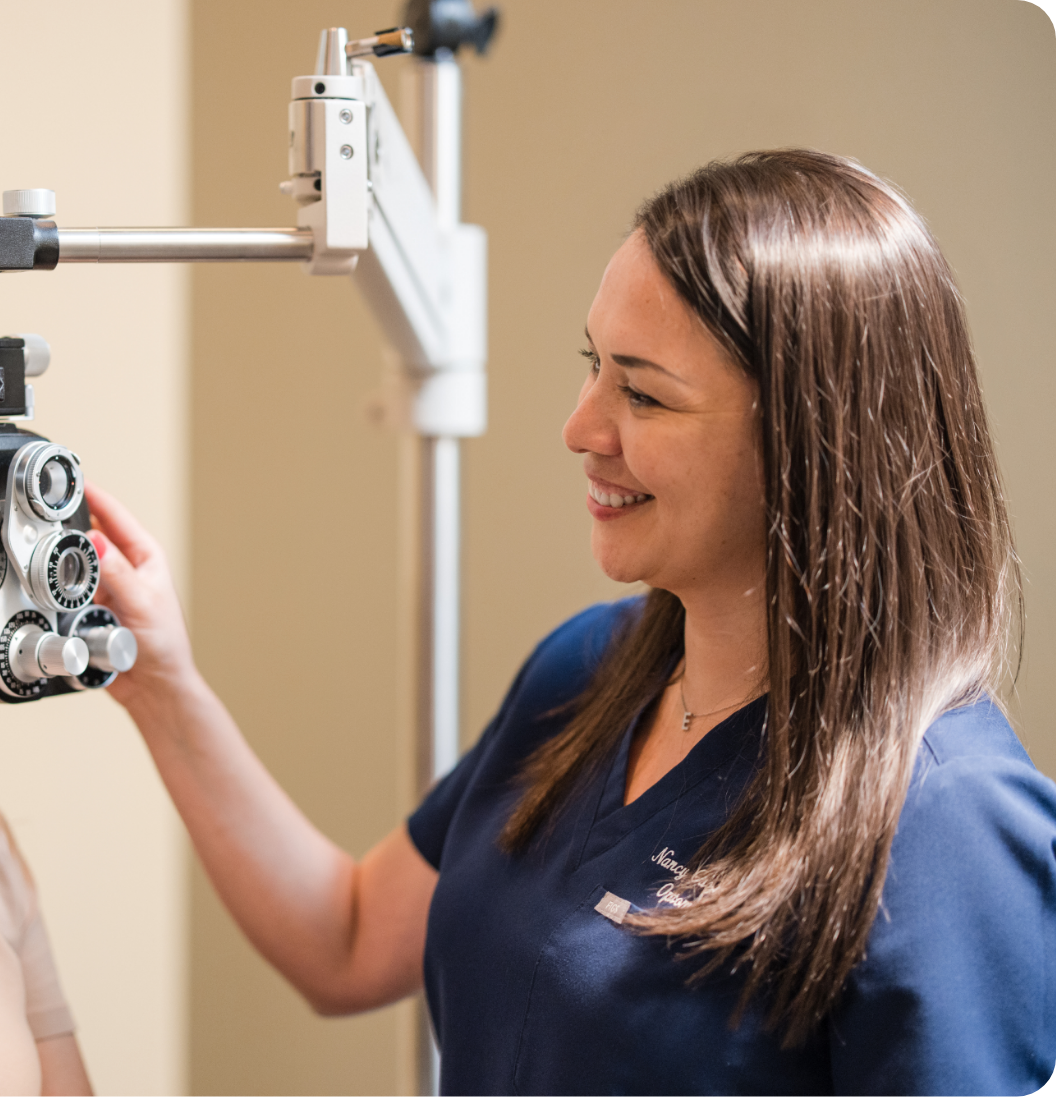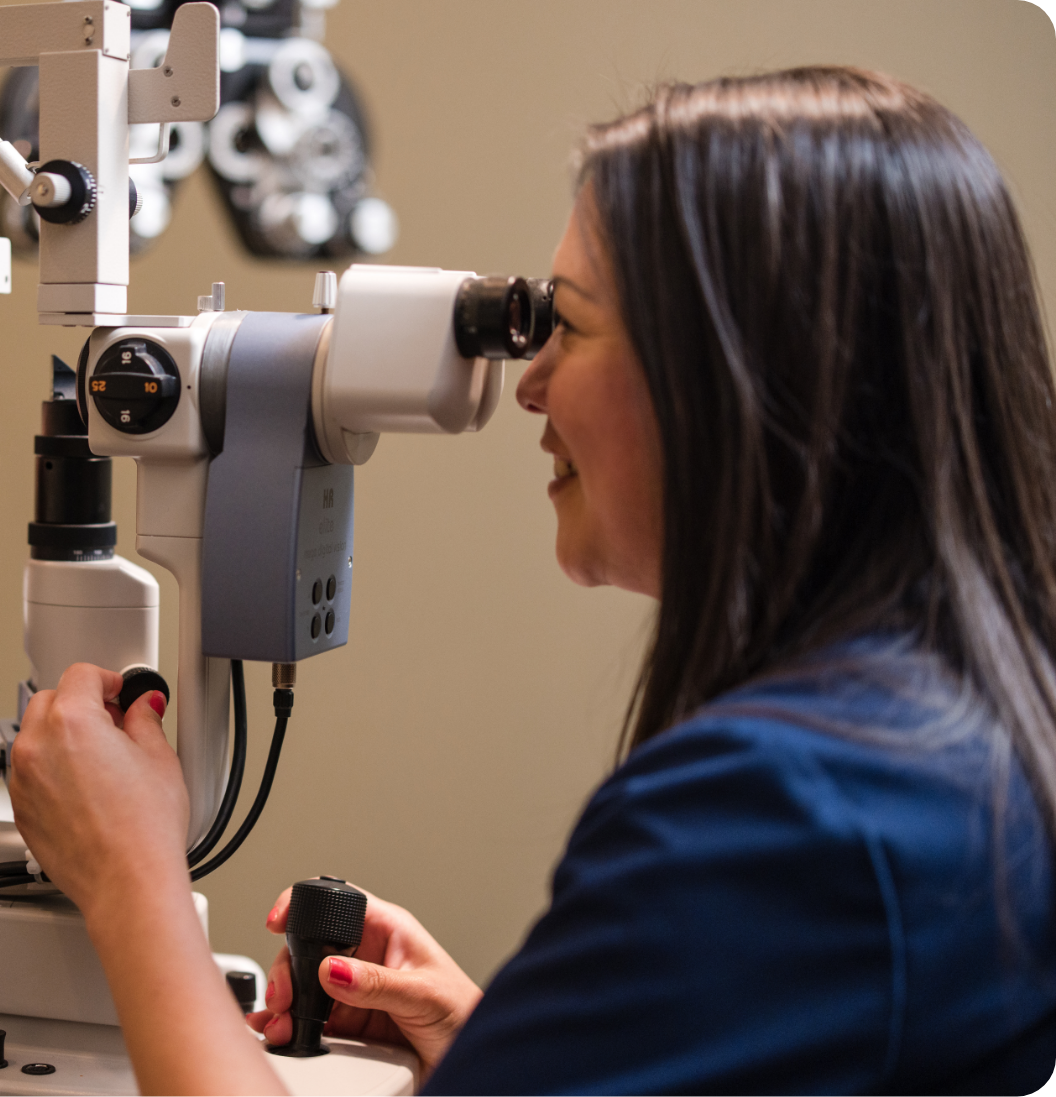
Glaucoma is one of the most common eye conditions, and when left untreated, it can have extreme consequences. In fact, glaucoma is the leading cause of blindness in people over 60. By staying current with your regular eye exams and seeing a glaucoma specialist as needed, you can minimize your risk and maintain healthy vision for many years.
What Is Glaucoma?
Glaucoma is an ocular disease that damages the optic nerve. Most of the time, it results from excess fluid building up in the front of the eye, increasing pressure and ultimately resulting in nerve damage. This condition is most common among patients 40 and up, particularly those who have a family history of glaucoma.
Symptoms of Glaucoma
Symptoms vary according to the type of glaucoma you have.
Open-angle glaucoma is asymptomatic for many years, but you will gradually lose your peripheral vision and ultimately begin losing your central vision.
Acute angle-closure glaucoma typically manifests with severe headaches, eye pain, blurred vision, and eye redness.
Normal-tension glaucoma is asymptomatic at first but eventually leads to blurriness. In later stages, it may involve a loss of peripheral vision.
Why See a Glaucoma Specialist?
If you have experienced any of the symptoms of glaucoma or if your regular eye doctor has diagnosed you with the condition, we recommend making an appointment with a specialist. A glaucoma specialist can:
- Determine the specific type of glaucoma you have, as well as the stage of your disease
- Provide you with an honest assessment of your risk of permanent vision loss
- Initiate treatment that can potentially save your vision
- Provide minimally invasive options to ensure your comfort and safety
In short, a glaucoma specialist can discuss the best options for alleviating your disease and maintaining as much clarity of sight as possible.
Meet Our Doctors
At TLC San Antonio, we pride ourselves on having a team of doctors uniquely qualified to treat glaucoma at all stages. Our clinical team is known for precision, quality of care, and using state-of-the-art technologies to ensure positive outcomes. Additionally, our practice has a warm, welcoming approach, and we are always happy to talk with you about the most appropriate treatment options for addressing your condition.
Glaucoma Treatment Options
Often, treatment for glaucoma begins with prescription eye drops. For more advanced cases, additional clinical intervention may be required. Examples of treatment include:
- Trabeculectomy, a surgical procedure in which your surgeon creates a small slit in the white of the eye, allowing excess fluid to drain naturally
- Minimally invasive glaucoma surgery (MIGS), which generally involves less postoperative care than trabeculectomy
- Shunts and stents
- Laser therapy
The best way to learn about glaucoma treatment options is to schedule a consultation with a specialist in your area.





